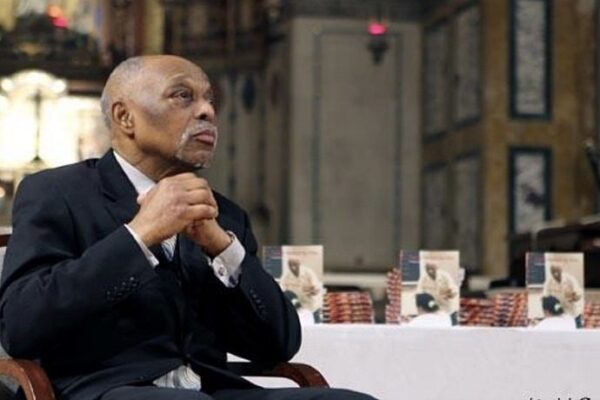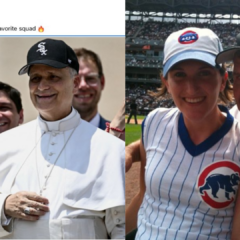In response to America’s changing social and political climate, Religion Dispatches interviewed Rev. Cecil Murray to discuss how the Black Church’s past can influence its future role under a Trump Presidency.
Rev. Murray stated that the election of President Trump was indicative of a “closet crowd” of white elitism – one rooted deep in America’s past:
“Trump was elected by a legacy. We decided 250 years ago we wanted to be a democracy, but from day one, we’ve had challenges with racism and genocide. The first five presidents owned slaves. Our country went through different stages of slavery, first by chains, then by law and finally by custom. Our bloodied history isn’t dead, and we are not “post” anything. More people are realizing that with our new president-elect—someone who has questioned women’s rights, LGBT rights, minority rights and immigration rights.”
On a positive note, he suggested that this new era pushes for greater social activism:
“It will strengthen our engagement because civil rights was founded in the black church. It didn’t always stay there, but that’s where it was born. The black church can only justify its existence by fairness, equity and fighting for the black struggle.
The first black revolution of a great degree in America was led by Richard Allen, the founder of the African Methodist Episcopal Church, the first black denomination in America. He was a former slave who purchased his own freedom. Allen started the first nonviolent protests of church segregation after a Methodist Episcopal church in Philadelphia would not allow him and other slaves to worship with white congregants. That’s what the black church has always been and should strive to be, a place of inclusion and justice for all people.”






